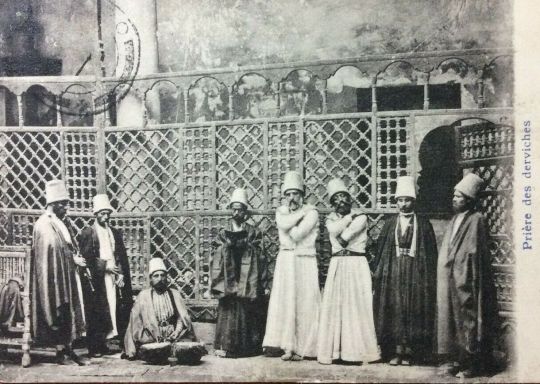Ibn `Abidin (d. 1252) on Tasawwuf
Nicknamed the Seal of Self-Realized Scholars (khatimat al-muhaqqiqin), the great scholar and faqih Ibn `Abidin said in his fatwa on the permissibility of loud dhikr in assembly entitled Shifa’ al-`alil wa ball al-ghalil fi hukm al-wasiyya bi al-khatamat wa al-tahalil:
The Imam of the Two Groups (Sufis and fuqaha‘) our master al-Junayd was asked: “A certain people indulge in wajd or ecstatic behavior, and sway with their bodies?” He replied: “Leave them to their happiness with Allah. They are the ones whose affections have been smashed by the path and whose breasts have been torn apart by effort, and who are unable to bear it. There is no blame on them if they breathe awhile as a remedy for their intense state. If you tasted what they taste, you would excuse their shouting”…
The Seekers in this Way don’t hear except from the Divine Presence and they don’t love any but Him. If they remember Him they cry, and if they thank Him they are happy; if they find Him they cry out, and if they witness Him they rest; if they walk in His Divine Presence, they melt; … some of them they are drunk with His Blessings and lose sight of themselves…
Their assemblies for dhikr and recital (sama`) give fruit to divine knowledge and spiritual realities, which only takes place upon hearing the description of Allah, exhortations to wisdom, and praises of the Prophet. Nor do we have one word of reproach to those who follow them in their method and find in themselves the expressions of passionate longing (`ishq) for Allah characteristic of some of their states.1
1 Ibn `Abidin, Seventh Letter in Shifa’ al-`alil fi hukm al-wasiyya wa al-tahalil p. 172-173.
Reproduced with permission from Shaykh M. Hisham Kabbani’sThe Repudiation of “Salafi” Innovations (Kazi, 1996) p. 399.
Blessings and Peace on the Prophet, his Family, and his Companions



